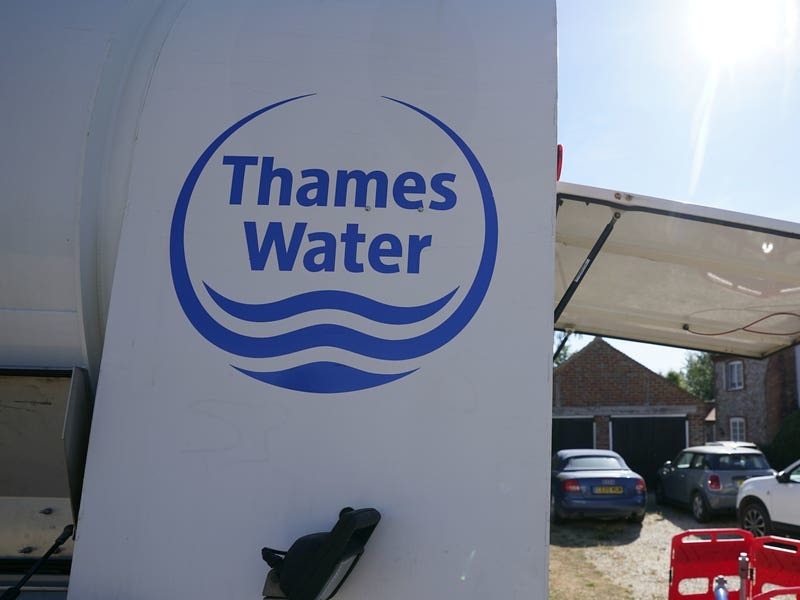It could be something to do with British resolve in the face of adversity, but no credit crunch on earth is going to stop the bucket and spade brigade from having a good time.
And according to a recent survey carried out by National Savings these hardy holidaymakers are going to jolly well spend money if they want to and no recession is going to stop them. They feel that they deserve the break and a bit of chill down time.
Around a third of those surveyed said that they had lost track of what they were spending because they got caught up in the holiday spirit. It’s not just loose change – around one in ten British holidaymakers spends over £2,500 on their holidays.
That has to be encouraging for tour operators like Thomas Cook, who last week reported that it was on course to meet expectations, with trading strong in all major markets. The company, which you may recall merged with former Airtours operator MyTravel last June, posted an underlying pre-tax loss of £177.5 million in the six months to 30 April, a 15% improvement on the previous winter figure.
More encouraging words came from VisitBritain’s head of government and public affairs, Bernard Donoghue, when he spoke to the Jersey Chamber of Commerce last month. He had high praise for an Island he had not hitherto investigated – our Jersey War Tunnels are ‘fantastic’, our museums likewise, our cultural mix (particularly the number of Portuguese flags) exemplary.
Mr Donoghue also talked a lot about the mainland – as you might expect – and how the Royal Family are strong supporters of tourism, and how the British brand is numero uno in the world.
He also spoke about the ‘real elephant’ of inflation, said that it would have a significant impact on visitors coming to Britain. One way to go, he suggested, was to become more green, more sustainable.
And Jersey, with its ‘fantastic and great’ tourism offer, had enormous potential for growth, not least because of the ‘excellence of the product’, the stunningly presented heritage sites, the fantastic service in the restaurants and bars, the depth of history, and the green sustainable nirvana in which we are fortunate enough to live.
All we need to do, he suggests, is to get that message out into the greater international arena and encourage visitors from as far afield as Japan to come and visit an Island of character, time and place.
‘More people need to be let in on the secret’, he said.
I think he’s right.
SURVEYS tend to be a less than reliable source of information sometimes, but one that was widely reported last week probably contains more than a gram of truth.
According to researchers TNS Worldpanel consumers on the mainland are flocking to discount supermarkets like Aldi and Lidl, instead of the mainstream haunts like Tesco and Sainsbury. And upmarket Marks & Spencer has also lost a chunk of the market – in the four weeks to 15 June M&S food sales fell by 3.2%, whereas Aldi and Lidl increased sales by 20% and 14.9%.
Of course this it the UK we’re talking about, where competition is fierce and the market is large, but given the enthusiasm locally for the new Iceland store at Georgetown the trend could be spreading at least as far as the Channel Islands.
To be honest, in terms of a trend four weeks is not really long enough.
But coinciding as it does with a 4.6% increase in food price inflation in the UK over the previous three months and you start to think there might be more to it.
Traditionally, we in the Channel Islands have had comparatively limited competition to choose from, so any new player – even if is owned by one of only two dominant supermarket groups – is going to create substantial excitement, at least to start with. Longer term, though, shoppers here might well start to feel that the extra pennies here and there should be saved, rather than spent.
Even consumers who have hitherto paid little attention to the individual prices of goods – because you have to buy them somewhere, and if you gain on one item you will probably lose on another – might well start to consider switching allegiance, or even shopping around.
It will be interesting to see, as the credit crunch bites ever deeper, whether shoppers are prepared to carry on paying premium prices – plus GST, of course.
FIRST it was the American big names who were asking the central banks and shareholders for help.
But in recent weeks the shift of focus has changed to British institutions, like Barclays, Hbos, and Bradford and Bingley.
We shouldn’t be surprised, because some of the best-advised brains in the business have been telling us for some time that there is more credit crunch fallout on the horizon – and that the man in the street is the next to suffer.
And Jersey is not immune. For example, I happened to pop in to one of those ‘open viewing’ invitations last week, to take a peek at a property that had been advertised for several months. It seems that there had been a buyer, but in the time it had taken to get the usual regulations in place – surveys and so forth – the mortgage lender had upped the anti and the original mortgage offered was no longer available. So the sale fell through.
I suspect it may not the only one.






